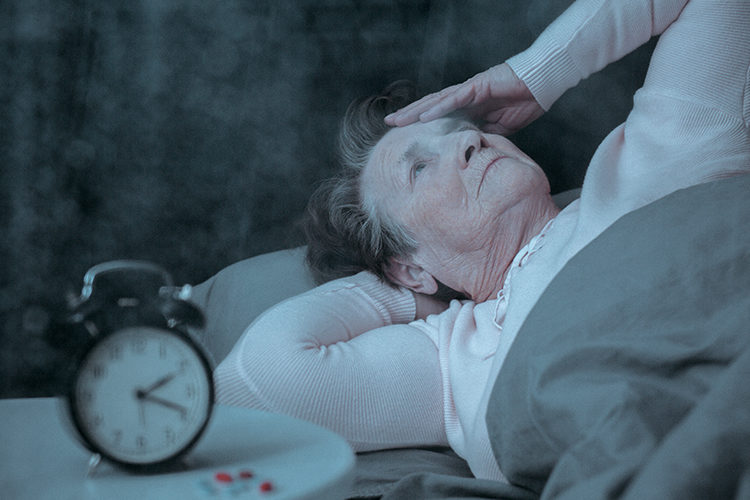Back to Basics: Prepare and Protect Yourself from COVID-19

Along with proper diet and regular exercise, sleep is one of the three key pillars of health. While we often talk about a healthy lifestyle through eating right and physical fitness, sleep gets a little behind. After all, lack of sleep and a little tiredness didn’t hurt anybody, right?
Well, you are wrong.
Sleep is considered a critical function of our body for optimal health and well-being. When we sleep, our body goes into a ‘restoration’ period where a lot of processing and strengthening happens. It boosts our immunity, improves our physical and mental wellbeing, and wards off other diseases.
There are a variety of factors that cause sleep deprivation including health conditions such as sleep apnea. But in most cases, sleeping problems are caused by stress, excessive gadget use, and poor sleeping habits.
How Much Sleep Do We Really Need?
Many of us need around 8 to 10 hours of good quality sleep to function properly – but some need more and some need less (depending on age range and other factors). It is best to consult your GP or a sleep specialist to find out the sleeping pattern suitable for you and then try to achieve it.
Healthy sleep is critical for everyone, but especially for children who are developing their social and motor skills. While we adults need 7-8 hours of sleep, children and teenagers need at least 8 to 11 hours of sleep and newborn babies up to 1-year-old roughly need 11-14 hours of sleep every day. This is because they are on the ‘critical’ period of growth and learning, where good quality sleep plays a huge role in their overall development.
For adults, healthy sleep is important for optimal development and alertness. It helps us solidify and consolidate memories and allows our brain to absorb an incredible amount of information.
What Happens If We Don’t Sleep?
An occasional day without proper sleep makes us feel tired and cranky. We may also experience fatigue and short temper. Over time, lack of sleep can also have serious long-term health consequences, both to our physical and mental health.
Sleep deprivation and poor sleeping patterns are linked to a number of unfavorable health consequences including heart disease, low blood pressure, type 2 diabetes, and can increase symptoms of many mental health conditions.
Why Is Sleep Important for Mental Health?
Sleep has a restorative function that works in ‘recharging’ the brain at the end of each day. Think of the brain like your phone’s battery that you need to recharge after prolonged use. And what happens to a phone battery when it does not get enough charge? It slows down, it affects the app performance, and eventually, it will die.
There is a circular relationship between sleep and mental health. Sleep problems can lead to changes affecting mental health, but mental health conditions can also worsen sleep problems. Because of this connection, it is important to recognise and sort out sleep problems as soon as they are identified by your doctor.
Ongoing poor sleep habits can be a huge risk factor in developing symptoms of mental health conditions including depression, anxiety, and bipolar disorder.
To improve your sleeping habits for better mental health, try the following ways:
Establish a regular sleep-wake cycle
Consistency is key. Set up a time for bed and waking up and try to follow it consistently.
Limit the use of stimulants
When you are near your bedtime, avoid any drinks that contain caffeine and alcohol.
Avoid drinking excessive liquids
Especially at night where there is a huge chance of disrupting your sleep to empty your bladder.
Avoid electronic devices late at night
Any computers, tablets, and mobile phones should be kept away because the bright light coming from such devices can be overly stimulating and can keep you awake.
Regular exercise
Studies have proven that as little as 10 minutes of exercise can dramatically improve the quality of our nighttime sleep, especially when done on a regular basis. Daily exercise also reduces the risk of developing sleep disorders such as insomnia and sleep apnea.
Our sleeping habits should be consistent to meet our sleep needs every night and to keep us physically and mentally healthy. Want more tips for better mental health? Check out First Aid Mental Health and talk to us today.
